Introduction to Dump Trailers
In the expansive world of heavy-duty hauling, one type of equipment stands out for its versatility and efficiency: the dump trailer. Specifically designed for diesel trucks, a dump trailer serves a multitude of purposes, appealing to various industries, including construction, landscaping, and waste management. Understanding the intricacies of dump trailers, including their features, types, and applications, can significantly enhance operational efficiency and profitability.
Key Features of Dump Trailers
Dump trailers are generally characterized by several essential features that make them ideal for transporting and unloading materials. Below, we outline the primary characteristics:
| Feature | Description |
|---|---|
| Hydraulic Lift System | This system allows for easy unloading of materials, elevating the trailer bed to a predetermined angle. |
| Durable Construction | Typically constructed from heavy-duty steel or aluminum, ensuring strength and longevity amid heavy use. |
| Variety of Sizes | Available in multiple sizes, ranging from short and compact models to larger ones, accommodating various payload capacities. |
| Tandem Axles | Many models come with tandem axles for enhanced stability and load distribution, especially useful for heavier loads. |
| Dumping Mechanism | Commonly features a rear or side dumping mechanism, allowing for versatile unloading options depending on the job requirements. |
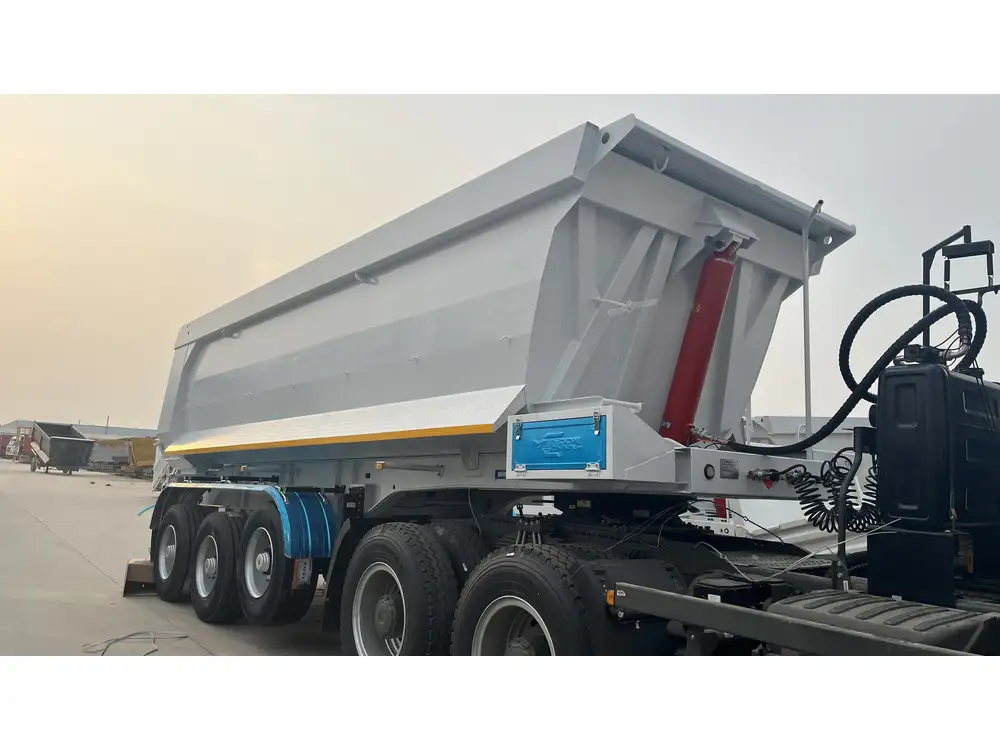
Importance of Selecting the Right Dump Trailer
Selecting the right dump trailer for a diesel truck is crucial to efficiency and safety. Factors such as load capacity, intended use, and terrain must be considered carefully to ensure that the investment leads to optimal performance and return on investment.
Load Capacity Considerations
Understanding Payload Limits: The load capacity of dump trailers varies significantly. It’s imperative to choose a model that can handle the anticipated weight of the materials being transported. This not only affects efficiency but also compliance with legal weight limits on highways.
Material Considerations: Different sceneries require different durability. For instance, hauling gravel necessitates a more robust trailer than transporting sand or dirt.
Types of Dump Trailers
Understanding the different types of dump trailers available on the market will aid in selecting the appropriate model for specific tasks. Below is a comparative overview of the most common types:
| Type | Description | Ideal For |
|---|---|---|
| Standard Dump Trailer | Commonly used for construction and landscaping; features a single rear dumping mechanism. | General material hauling and construction debris. |
| Side Dump Trailer | Allows for lateral unloading, typically more stable when unloading. | Road construction, hot mix asphalt transport. |
| Roll-Off Dump Trailer | Can handle multiple containers or bins; highly versatile. | Waste management and recycling facilities. |
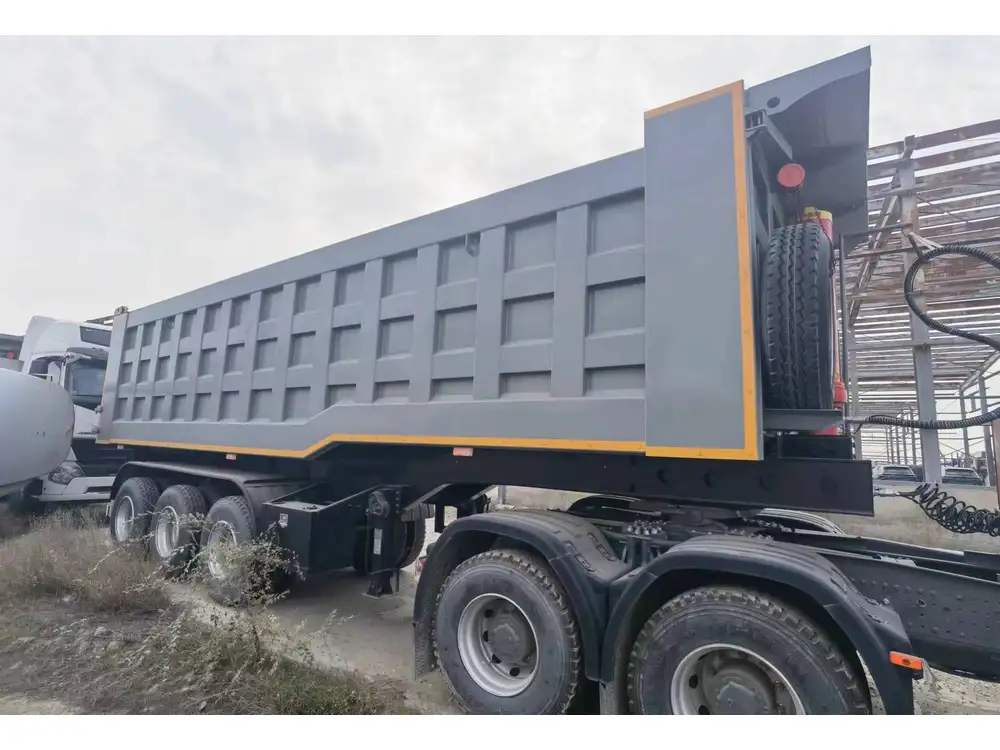
Applications of Dump Trailers
Construction Industry
In the construction realm, dump trailers play an indispensable role:
- Material Transport: Hauling materials like gravel, sand, and soil to various sites.
- Debris Removal: Efficiently removing debris, old asphalt, and other refuse from job sites.
Landscaping Services
For landscaping companies, dump trailers facilitate:
- Lawn Material Transport: Delivering mulch, topsoil, and stone.
- Waste Clearance: Disposing of excess plant material and organic waste.
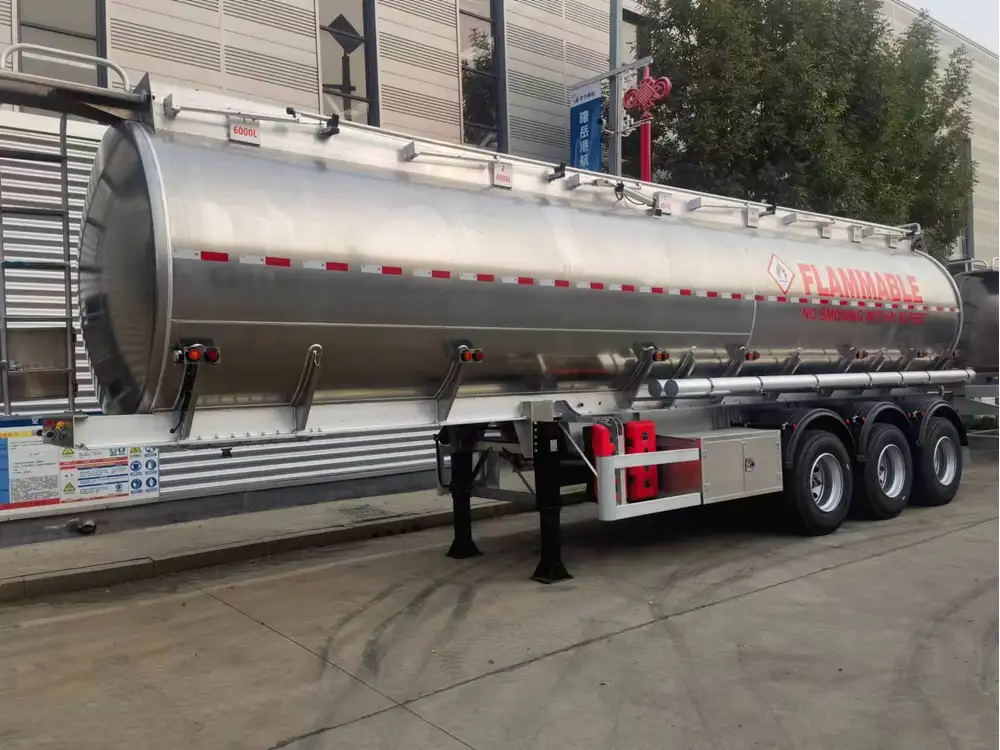
Waste Management
Dump trailers are vital in the waste management sector:
- Refuse Collection: Transporting waste to landfills or treatment facilities efficiently.
- Recycling Operations: Facilitating the collection and transportation of recyclable materials.
Benefits of Using Dump Trailers for Diesel Trucks
Utilizing dump trailers presents numerous advantages that enhance operational performance:
Increased Efficiency
- Quick Unloading: The hydraulic systems allow for swift unloading, considerably reducing downtime.
- Time-Saving: Less time spent on manual labor translates to higher project completion rates.
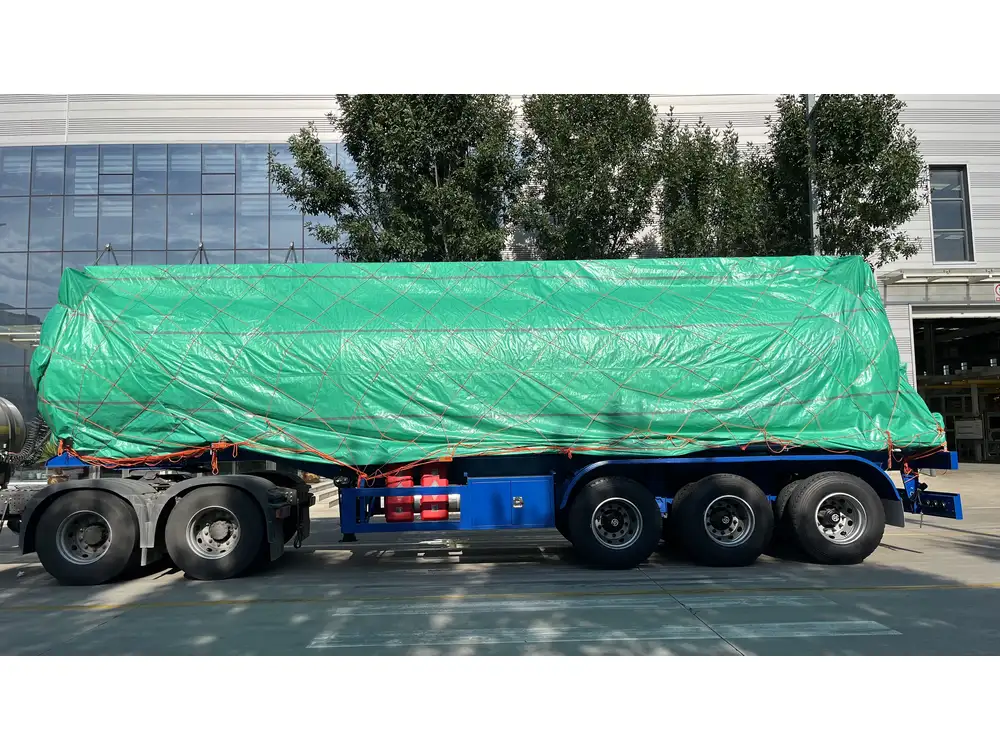
Enhanced Versatility
- Diverse Applications: From construction debris to landscaping materials, dump trailers adapt to various hauling tasks.
- Tailored Configurations: Options for customizing trailers to meet specific business needs.
Cost-effectiveness
- Durability: The robust construction minimizes maintenance costs and prolongs the lifespan, providing better returns on investment.
- Optimization of Operations: Reduced labor costs due to automated unloading processes.
Factors Influencing Dump Trailer Prices
Understanding the variables that affect the pricing of dump trailers can aid in budgeting and investment decisions:

Size and Capacity
Larger trailers with higher capacity generally command a higher price due to their increased capability.
Material Quality
The use of premium materials such as high-grade steel can affect initial costs but offers longevity, thus reducing long-term expenditures.
Customization Features
Tailor-made features like specialized hydraulic systems or additional axle support will elevate costs but may be necessary depending on operational demands.
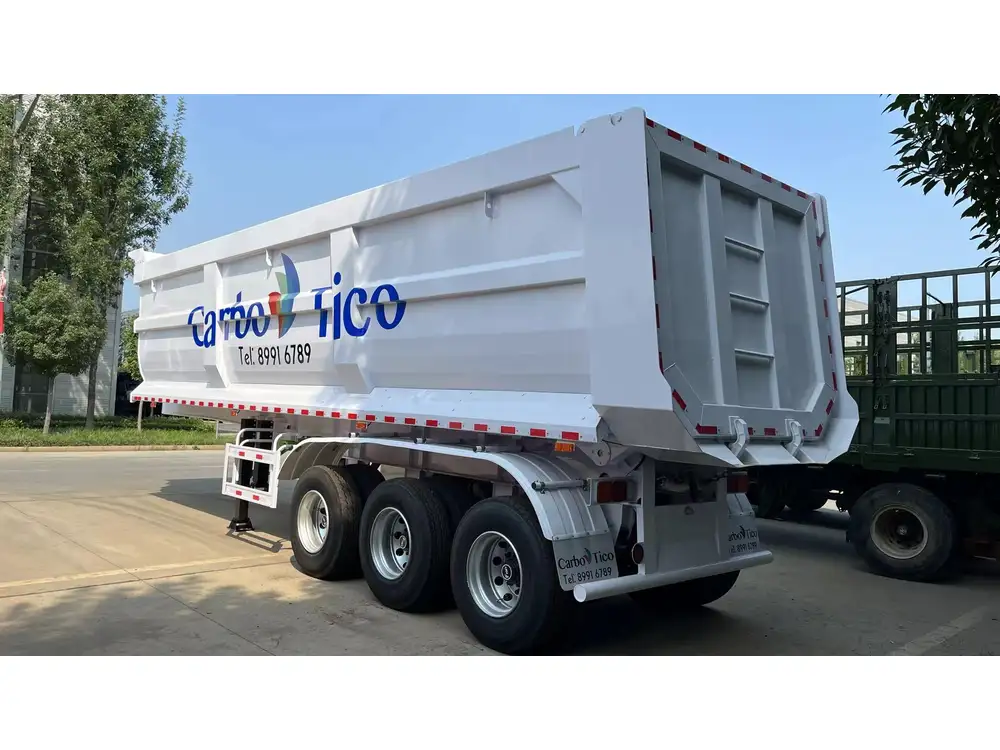
Brand Reputation
Established manufacturers often warrant higher prices due to the assurance of quality, service, and support.
Common Issues Faced with Dump Trailers
Maintenance Challenges
- Hydraulic System Failures: Regular checks are essential to prevent hydraulic leaks or system malfunctions.
- Brake Wear: High frequency of use can engender brake system degradation, necessitating routine inspections.
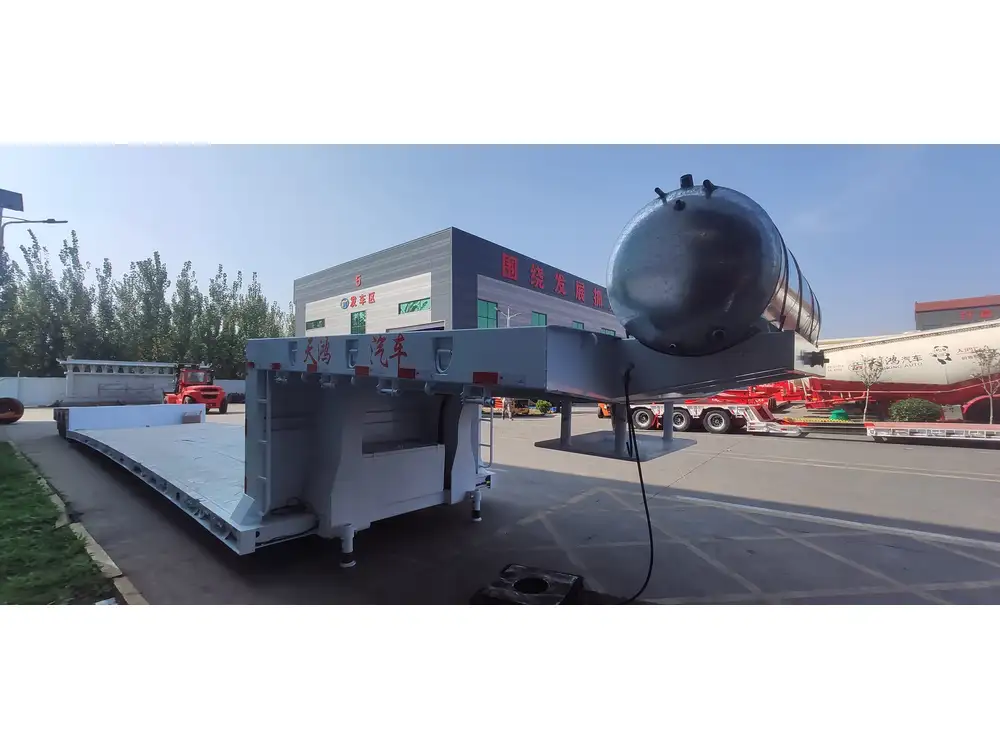
Compliance Issues
- Weight Regulations: Overloading can lead to detrimental fines and legal repercussions. Awareness of local weight laws is paramount.
Operational Inefficiencies
- Mistimed Unloading: Failure to optimize unloading times can stall operations, making it essential to train operators in best practices.
Tips for Selecting the Right Dump Trailer
Choosing the perfect dump trailer involves careful consideration and assessment. Here are a few tips to guide your decision:

Assess Your Needs
- Intended Use: Determine what materials you plan to transport most frequently.
- Operating Environment: Consider the terrain and whether the trailer will be used on rugged sites.
Evaluate Load Capacity
- Ensure the selected dump trailer’s capacity aligns with the heaviest loads expected, maintaining a safety margin.
Select the Right Features
- Decide on the key features that will facilitate your specific operations, such as axle count or hydraulic lift functions.
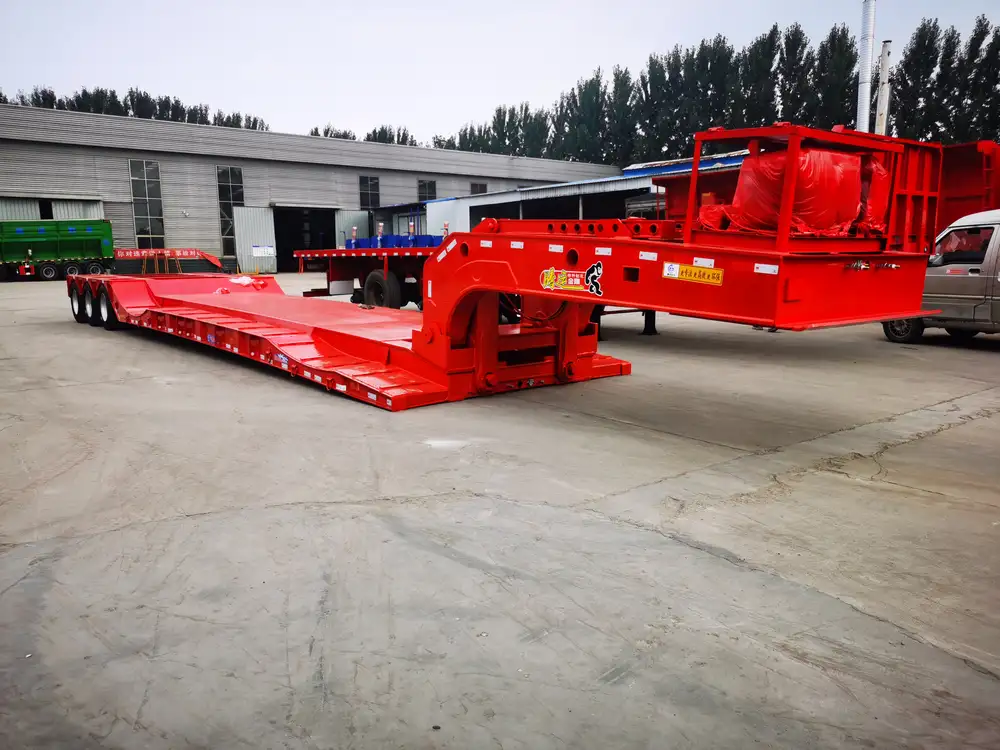
Research Manufacturer Reputations
- Prioritize vendors with a proven track record and transparent customer reviews to ensure quality and service continuity.
Conclusion
Navigating the complex landscape of dump trailers for diesel trucks underscores the necessity of understanding their features, applications, and benefits. A dump trailer is not just a trailer; it is an investment into the efficiency and effectiveness of your hauling operations. The myriad choices available necessitate careful consideration and preparation to ensure that your selected model best serves your specific needs. By leveraging the insights provided in this guide, you can make an informed decision that enhances your operational capabilities and drives business success.
Additional Resources
If you are looking to deepen your understanding of dump trailers or wish to explore specific models and applications further, consider the following resources:
- Industry Publications: Subscriptions to industry-leading journals often provide the latest trends and innovations in dump trailer technology.
- Manufacturer Guides: Most manufacturers offer comprehensive resource materials detailing the specifications, maintenance guidelines, and operational tips for their dump trailers.
- Trade Shows: Participating in trade exhibitions allows for hands-on experience with various trailer models and direct discussions with manufacturers.



